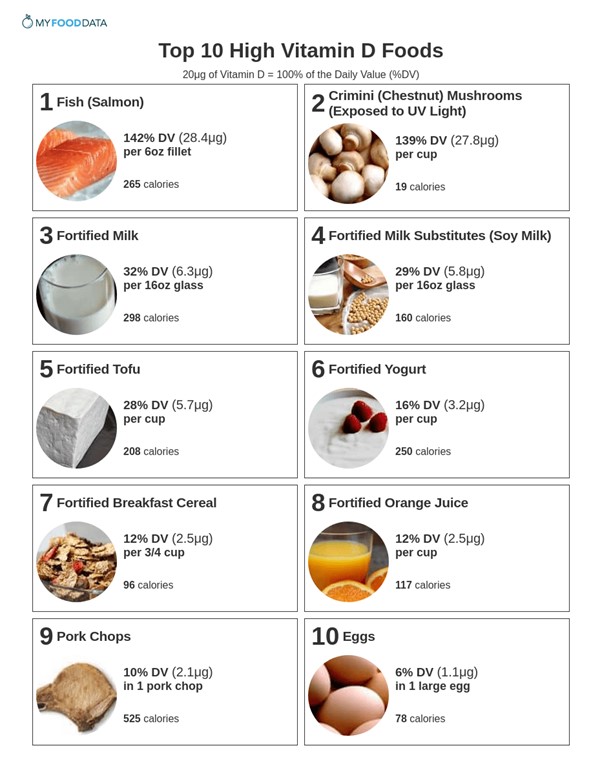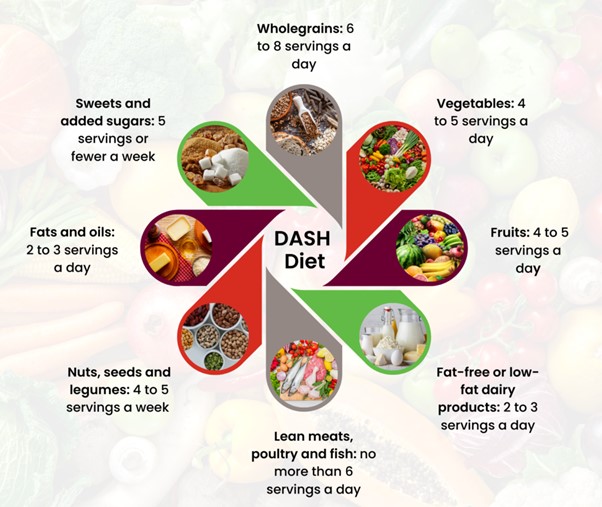In conducting community health teaching, the nurse plans to describe foods that will help prevent rickets. What food product should the nurse recommend as the best dietary source for preventing rickets?
Bananas.
Apple juice.
Oranges.
Fortified milk.
The Correct Answer is D
Choice A
Bananas are incorrect. While bananas contain some nutrients, they are not significant sources of vitamin D, calcium, or phosphate, which are key nutrients for preventing rickets.
Choice B
Apple juice is incorrect. Apple juice is not a significant source of vitamin D, calcium, or phosphate. It may contain some vitamins and minerals, but it is not a primary food source for preventing rickets.
Choice C
Oranges are incorrect. Like bananas and apple juice, oranges are not significant sources of vitamin D, calcium, or phosphate. While they contain vitamin C, which is important for overall health, they are not the best dietary source for preventing rickets.
Choice D
Fortified milk is correct. Rickets is a condition primarily caused by a deficiency of vitamin D, calcium, or phosphate. Vitamin D is crucial for the proper absorption of calcium and phosphorus in the body, which are essential for bone health and development. Fortified milk is an excellent dietary source for preventing rickets because it is often enriched with vitamin D and calcium, both of which are important for bone mineralization and growth.

Nursing Test Bank
Naxlex Comprehensive Predictor Exams
Related Questions
Correct Answer is C
Explanation
Choice A
Providing pamphlets about heart-healthy diet selections should not be implemented. Providing information is important, but it might not be as effective if the client is strongly resistant. Engaging in a conversation first can help tailor the information to the client's needs.
Choice B
Referring the client to a dietitian for nutrition education should not be implemented. A dietitian can provide valuable education, but it might be more beneficial to address the client's concerns and resistance before making the referral.
Choice C
Discussing client's concerns about the change in diet should be implemented. When a client is resistant or unwilling to make changes to their diet and lifestyle, it's important for the nurse to engage in open and empathetic communication. Option C, discussing the client's concerns about the change in diet, is the most appropriate initial response.
By engaging in a conversation with the client, the nurse can better understand the client's perspective, reasons for resistance, and potential barriers to making dietary changes. This approach allows the nurse to address the client's concerns, provide information, and work collaboratively to find solutions that might be more acceptable to the client.
Choice D
Suggesting exercise as an alternative to increase HDL levels should not be implemented. Exercise is important for heart health, but it's important to address the client's resistance to dietary changes first. Additionally, dietary changes and exercise can work together to improve overall heart health.
Correct Answer is B
Explanation

Whether you are a student looking to ace your exams or a practicing nurse seeking to enhance your expertise , our nursing education contents will empower you with the confidence and competence to make a difference in the lives of patients and become a respected leader in the healthcare field.
Visit Naxlex, invest in your future and unlock endless possibilities with our unparalleled nursing education contents today
Report Wrong Answer on the Current Question
Do you disagree with the answer? If yes, what is your expected answer? Explain.
Kindly be descriptive with the issue you are facing.
